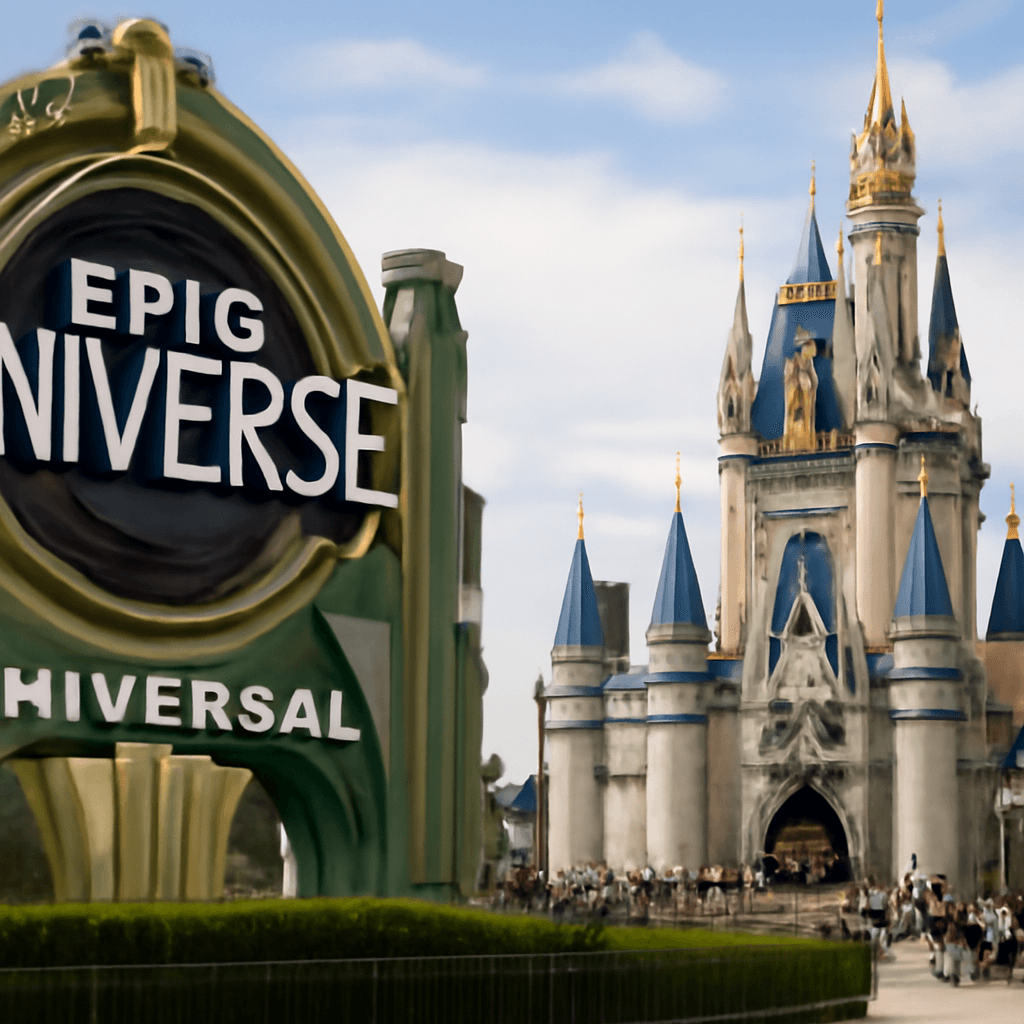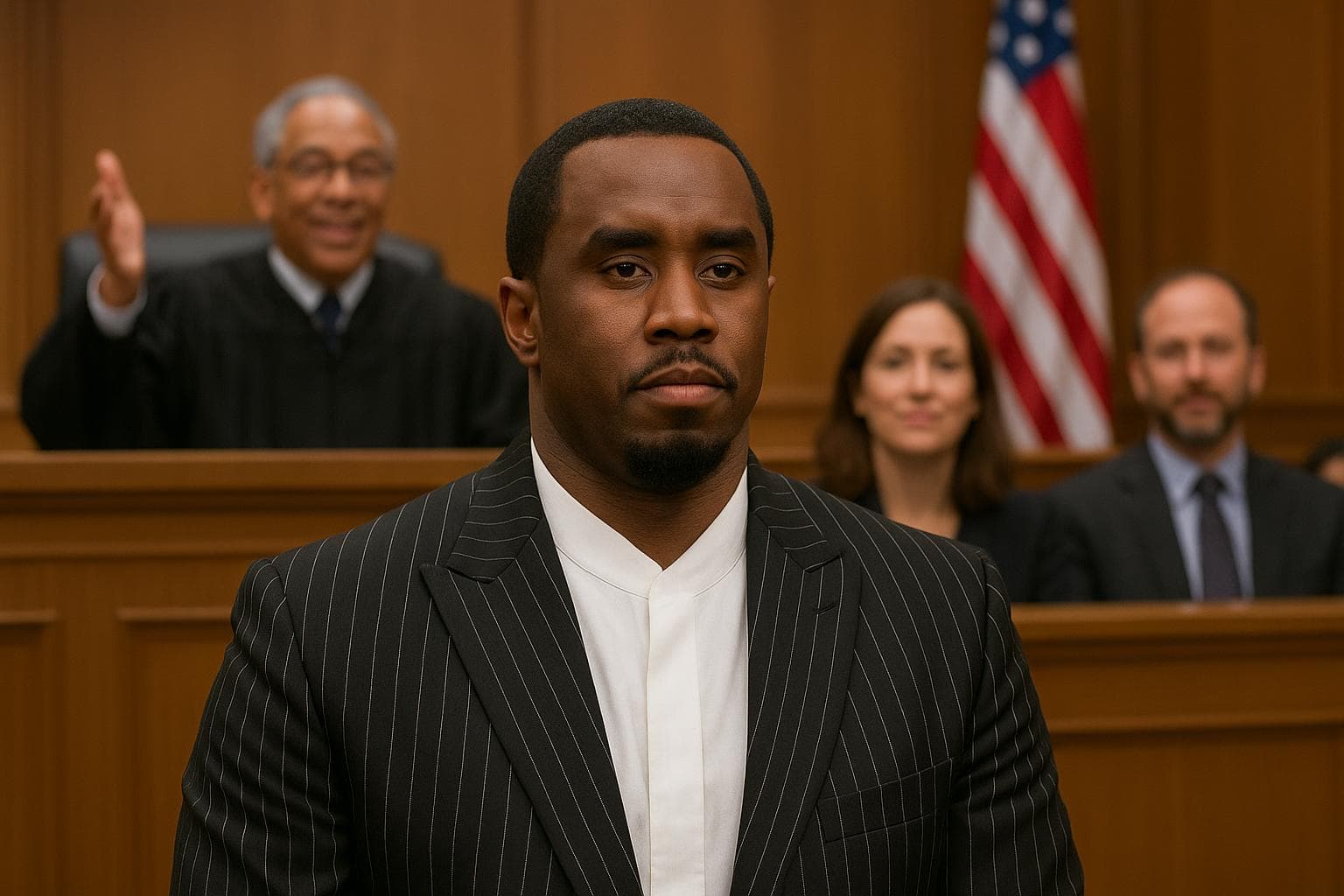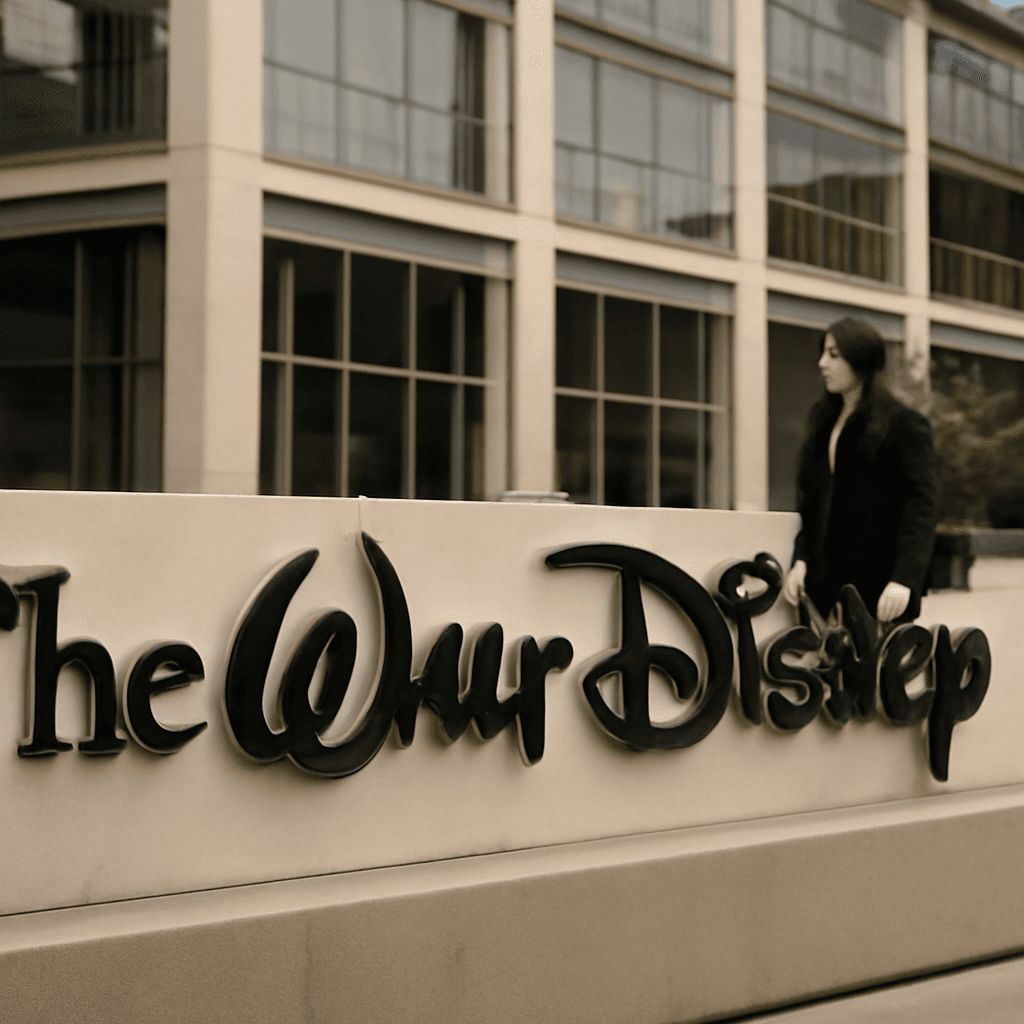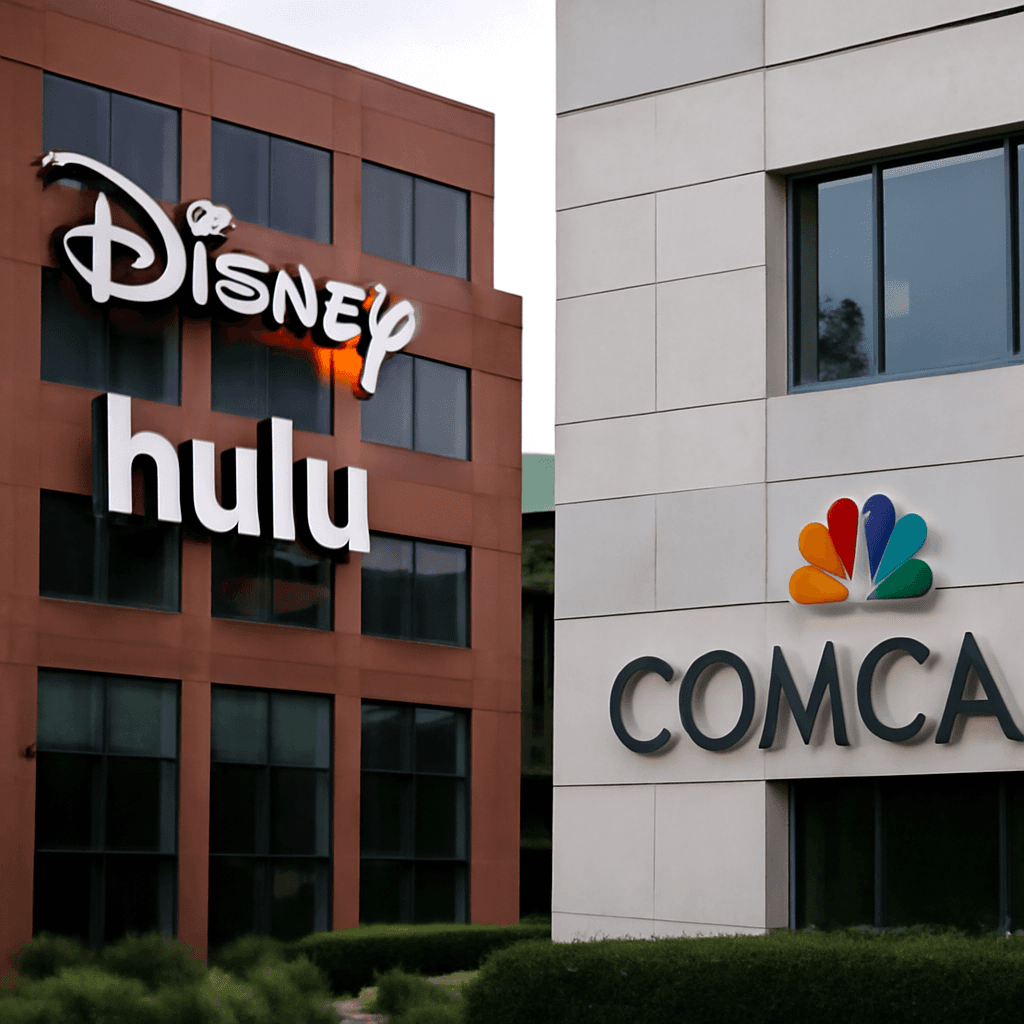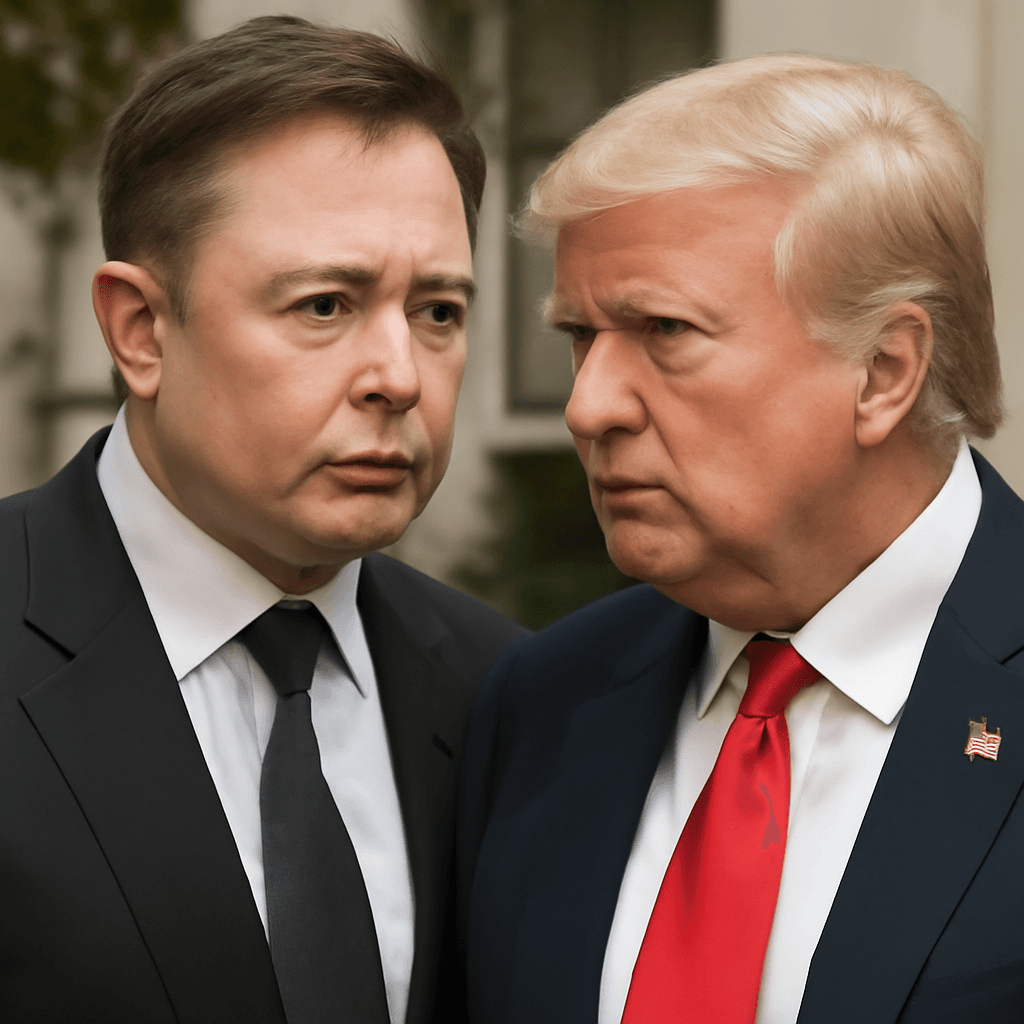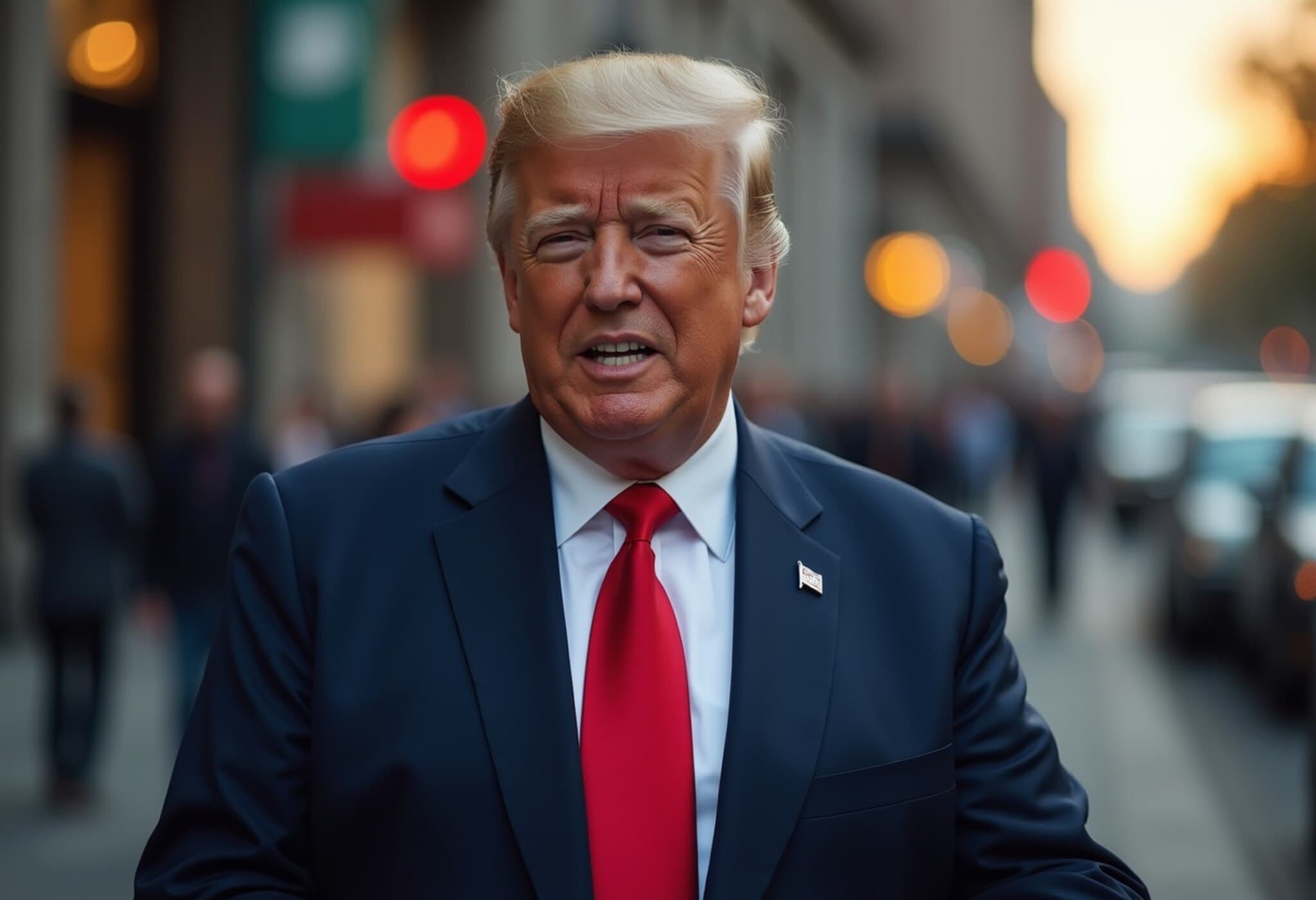Disney and Universal’s Bold Bet on Theme Parks
In the fiercely competitive world of theme parks, Disney and Universal are doubling down with massive investments and historic expansions. Both companies are banking on immersive, innovative experiences to attract visitors and secure their dominance in the entertainment industry.
Universal Orlando’s $7 Billion Game-Changer: Epic Universe
In May, Universal Orlando Resort unveiled its most ambitious project yet — Epic Universe, the fourth theme park at its flagship resort. Estimated to have cost around $7 billion, this park marks Comcast NBCUniversal’s single-largest investment in its theme park division.
Karen Irwin, President and COO of Universal Orlando, described Epic Universe as an experience “so different than anything else that we've ever built” — a fresh approach that's designed to captivate visitors with groundbreaking attractions and themes.
Alongside the park’s debut, Universal expanded its resort hospitality with the addition of three Loews hotels, raising the total number of on-property hotels to 11. This strategic move aims to transform Universal Orlando into a full-week destination, challenging the long-held reign of its neighbor Walt Disney World.
Disney’s Strategic $17 Billion Investment in Domestic Parks
Not far behind, Disney announced an unprecedented plan to funnel $17 billion into its theme parks, cruise lines, and consumer products during 2023. Out of this, a significant portion is dedicated specifically to its domestic parks — Walt Disney World and Disneyland — underscoring a renewed commitment to evolve its guest experiences.
Michael Hundgen, Executive Creative Producer at Walt Disney Imagineering, emphasized that this investment is driven by a balance of “creative intent” and delivering strong value, aiming to surprise and delight visitors while maximizing operational efficiency.
Why Theme Parks Remain a Reliable Growth Engine
These expansions come as media giants Disney and Comcast strategically divest or downsize in more volatile sectors, such as streaming services, where saturation and stiff competition have made growth unpredictable.
Conversely, theme parks have offered steadier returns, rebounding strongly in the post-pandemic tourism surge. With consumers eager to reconnect through in-person experiences, parks have become valuable assets in the entertainment portfolios of both companies.
Economic Headwinds Ahead: A Summer to Watch
However, the timing isn’t without risks. Epic Universe’s summer launch is set against a backdrop of economic uncertainty and soaring inflation, which could influence consumer confidence and spending habits.
Jorge Ridderstaat, Associate Professor at the University of Central Florida’s Rosen College of Hospitality Management, warns that “If you’re uncertain how the economy is going to develop, then you’re going to try to be more cautious in your spending.” This caution could impact attendance and overall revenue during what’s expected to be an epic summer for Orlando.
Looking Ahead: Will These Investments Pay Off?
Both Disney and Universal are making bold, long-term bets on immersive entertainment to energize their theme park divisions. Whether these investments will translate into sustained growth depends heavily on economic factors and tourism trends in the coming months and years.
What remains clear is their commitment to evolving and enhancing guest experiences, striving to keep Orlando at the heart of global theme park tourism.

